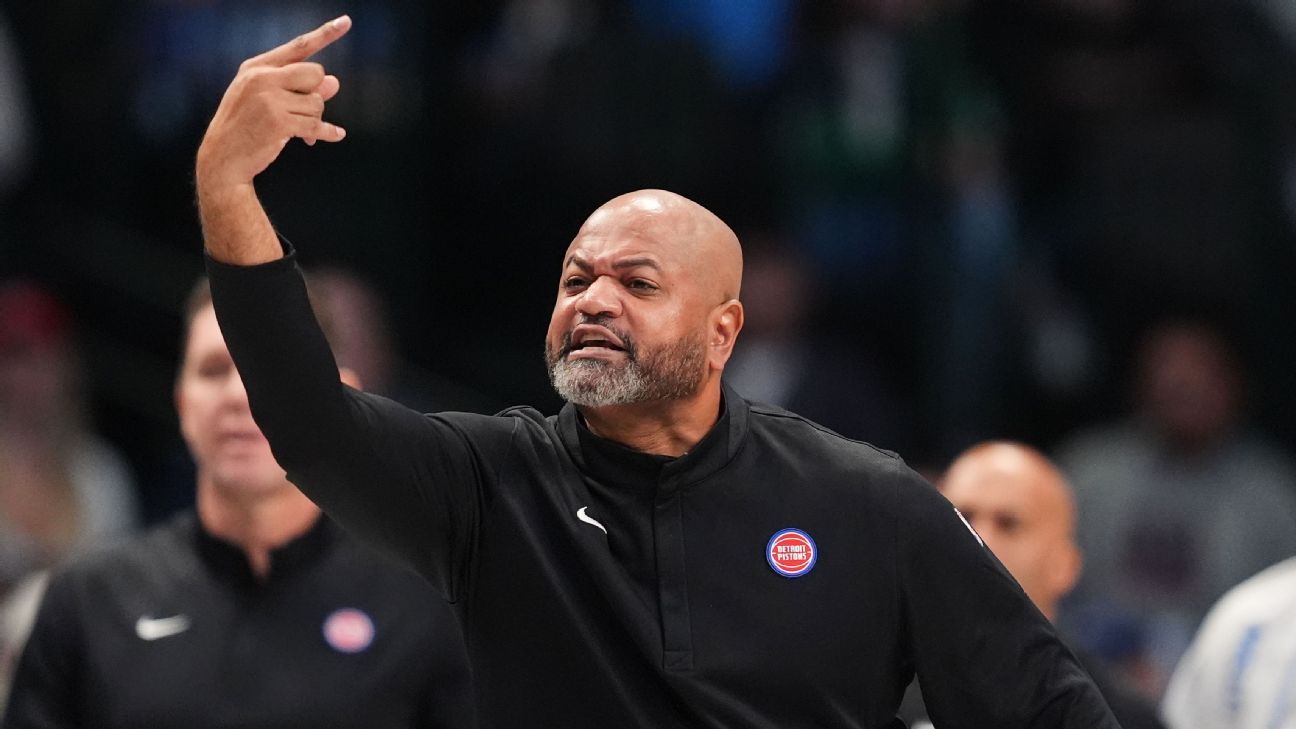Americans’ Alcohol Consumption Declines to Record Low, Gallup Reports

According to a recent report from Gallup, the percentage of Americans who consume alcohol has reached a record low. This decline marks a significant shift in drinking habits, reflecting the growing apprehension among the population regarding the health implications of alcohol consumption.
Gallup has been tracking the drinking habits of Americans for over 80 years, providing valuable insights into trends and changes over time. The latest findings indicate that only 54% of Americans now say they drink alcohol, a drop from previous years. This percentage represents the lowest level recorded by Gallup since the organization began its surveys in 1939.
Health Concerns Drive Change in Drinking Habits
The decline in alcohol consumption appears to be closely linked to increasing concerns about health. Many Americans now consider even moderate drinking to be detrimental to their well-being. In light of rising awareness about the risks associated with alcohol, including potential long-term health issues, individuals are re-evaluating their drinking habits.
This shift aligns with broader health trends that emphasize wellness and preventive care. Public health campaigns have increasingly highlighted the dangers of alcohol, contributing to a more cautious approach among the population. According to Gallup, the perception that drinking is unhealthy has grown significantly, influencing lifestyle choices across different age groups.
Demographic Insights into Drinking Patterns
The data also reveals notable demographic variations in alcohol consumption. Younger individuals, particularly those in the 18-29 age bracket, are reporting lower rates of drinking compared to older generations. This trend suggests a cultural shift, with younger Americans prioritizing health and wellness over traditional social norms associated with alcohol.
Additionally, the survey indicates that women are leading the charge in reducing alcohol intake. The proportion of women who identify as non-drinkers has increased, reflecting a broader societal change in attitudes toward alcohol consumption. This evolving landscape poses new challenges for the alcohol industry, which may need to adapt its marketing strategies to appeal to a more health-conscious audience.
Gallup’s findings highlight the complexity of alcohol consumption in modern society. As attitudes shift, the implications for public health and the beverage industry could be profound. The combination of health concerns and changing social norms may lead to lasting changes in how alcohol is perceived and consumed in the years to come.
In summary, the record low in alcohol consumption among Americans signals a significant transformation in drinking habits, driven largely by increasing health awareness. As more individuals choose to abstain or limit their alcohol intake, the landscape of social interactions and public health strategies will likely continue to evolve.






